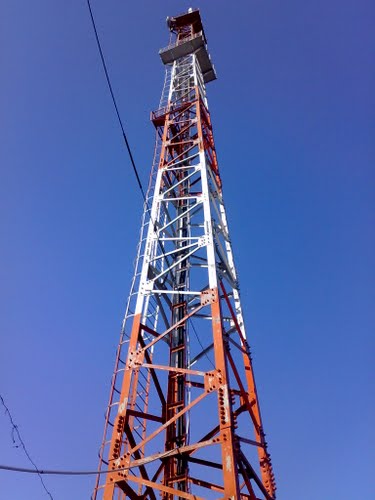A team of Australian researchers has found a way to harvest renewable or ambient energy from mobile phone base stations to power battery-operated wireless sensors.
Lead researcher Salman Durrani from Australian National University said current wireless sensors for buildings, biomedical applications or wildlife monitoring use batteries which are often difficult to replace.
The team accurately modelled how much energy it takes to sense and transfer information by wireless sensors. They are working on further ways to analyse the problem.
“A major problem hindering the widespread deployment of wireless sensor networks is the need to periodically replace batteries,” said Durrani.
Wireless sensors are used in various aspects of daily life, including usage to measure temperature, wind speed, light, humidity and soil moisture to optimise the growth of crops and sports to collect performance data from athletes.
The team found it was feasible to replace batteries with energy harvested from solar or ambient radio frequency sources such as communication towers or other mobile phone base stations, with communication delays typically limited to less than a few hundred milliseconds.
“If we can use energy harvesting to solve the battery replacement problem for wireless sensors, we can implement long-lasting monitoring devices for health, agriculture, mining, wildlife and critical national infrastructure, which will improve the quality of life,” Durrani added in a paper published in the journal IEEE.

